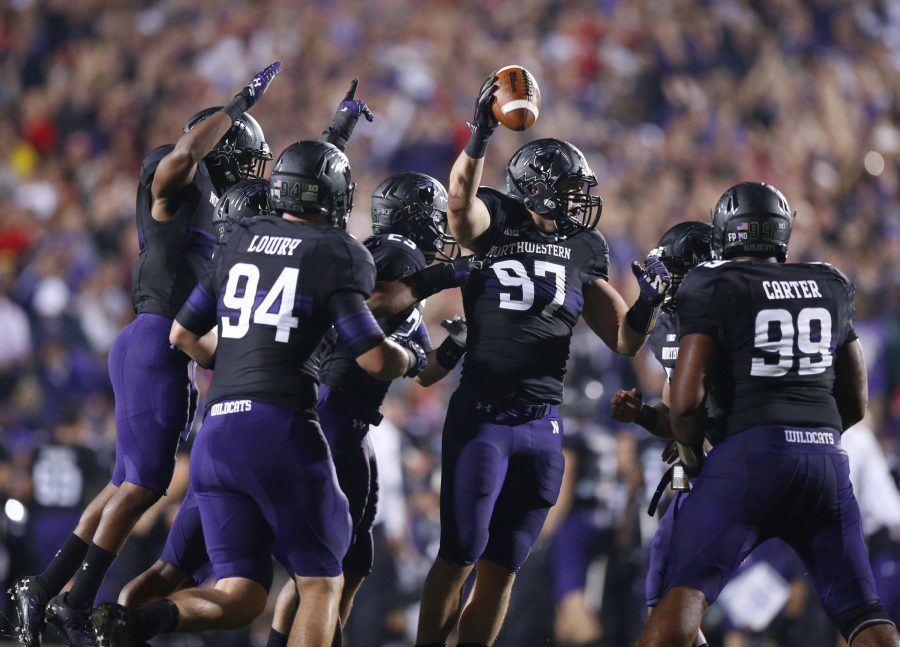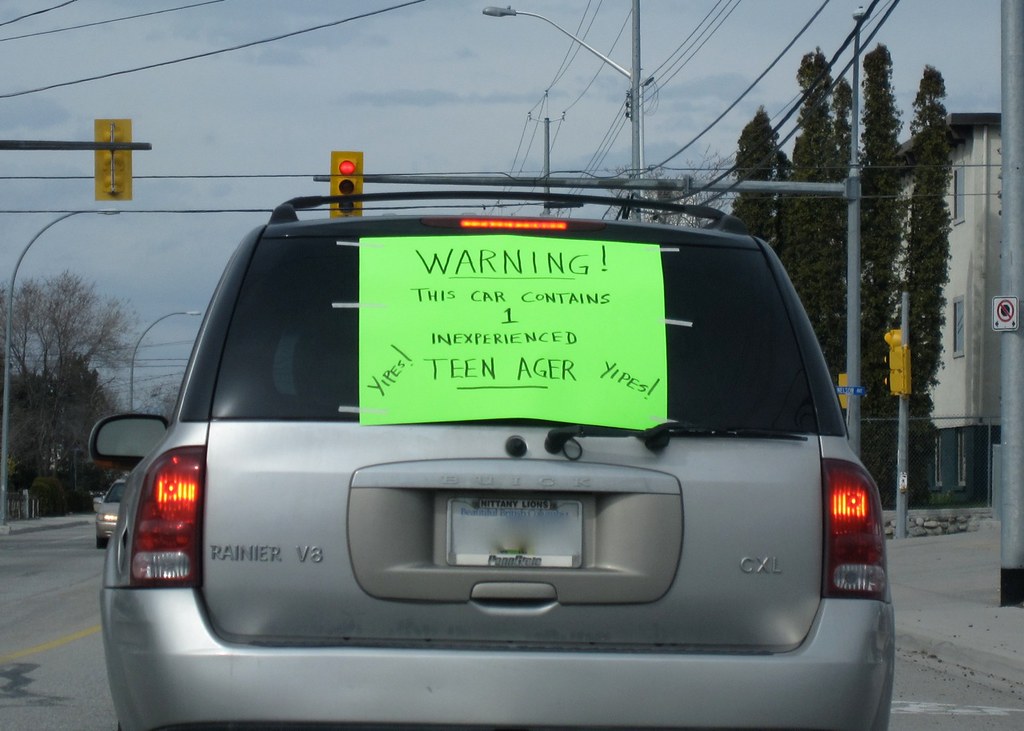
Recently, players from the Northwestern University football team have begun pushing hard to be represented by a labor union. If the players succeed in becoming represented by a labor union, National Collegiate Athletic Association (NCAA) players would become recognized as employees. And what is one thing all employees are given? Paychecks. The question of whether or not to pay NCAA athletes has been hotly debated for many years and still may not be answered anytime soon. The answer is not as simple as the question is.
According to Forbes magazine, the NCAA generates about 11 billion dollars in annual revenue from college sports. This is not only exclusive to football. That 11 billion is from all sports, including the less profitable ones like swimming and tennis. Since the NCAA makes so much money, it would seem that paying the athletes makes perfect sense—especially since all that revenue is coming directly from the performance of the student-athletes. But people forget that most of the college athletes are already being paid; not in direct paychecks, but paid nonetheless. In a NCAA division I college, 85 out of the 125 players on the football team may be granted a scholarship, and all scholarship recipients can receive full tuition.
When student-athletes sign their letters of intent, declaring their desire to play for a school, they fully accept athletic scholarships knowing that the school will make money off of their performance. This is no different from professional athletes signing contracts. The scholarship is the student-athlete’s form of payment. Not only is a scholarship a form of payment, it is also a key to an education. This is exclusive to the NCAA, because an education is something the professional leagues cannot offer.
According to the College Board, average college tuition is $30,094 for private schools, $8,893 for state residents attending public schools and $22,203 for out-of-state residents attending public schools. Therefore those athletes who receive full ride scholarships are paid a considerable amount. Many kids who are extremely smart are unable to attend the same colleges that athletes do because of the high cost of tuition. The goal of higher education schools, specifically universities, is to generate revenue from students’ paid educations. So why should college athletics, a large part of many schools, be any different?
The student-athletes choose to play for schools; they are not being forced to play. In accepting the athletic scholarship, they agree to all the established rules and regulations. Playing athletes should not complain when they are without “pay,” for many of them have already accepted a scholarship worth thousands. The agreement is like a tradeoff. The athlete gets a chance to attend a university of his or her choice and play a sport he or she is good at. If the sport has a professional league, the athlete receives the benefit of exposure to climb to the next level. The college athletes who complain about not being paid must think about how lucky they are to even be attending the school, especially on scholarship. Smarter kids, without the same athletic ability, may never get the same opportunity.
By TYLER DOAN
Staff Writer
Categories:
College athletics: to pay for play?
March 12, 2014
Northwestern defensive players celebrate the recovery of a fumble.(Barbara J. Perenic/Columbus Dispatch/MCT)
0
Donate to Sword & Shield
$180
$1000
Contributed
Our Goal
Your donation will support the student journalists of University High School. Your contribution will allow us to purchase equipment and cover our annual website hosting costs.









